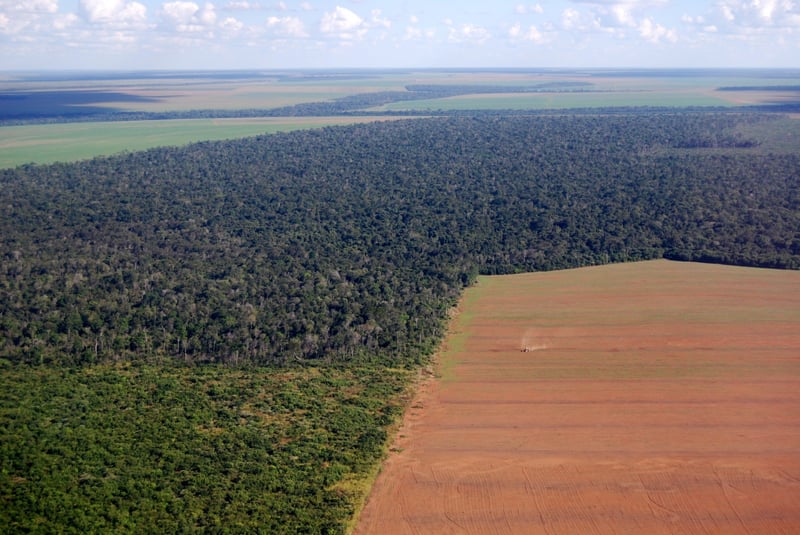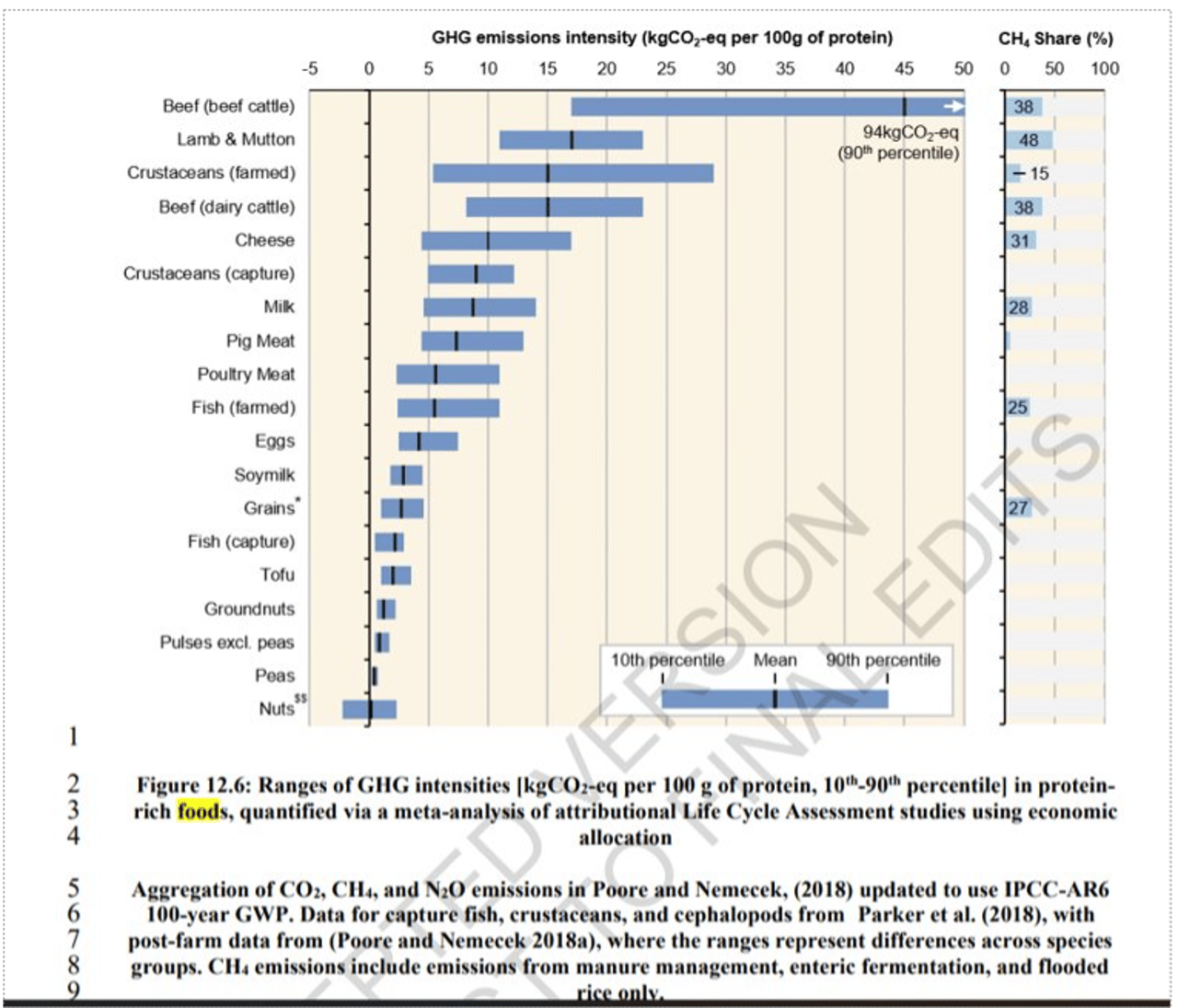
Last month, the United Nations climate working group released its latest report with recommendations for countries to keep our planet’s warming below the 1.5˚Celsius increase needed to prevent catastrophe. A key solution: less meat and more plants.
The Intergovernmental Panel on Climate Change released a new report in April providing a comprehensive review of the strategies urgently needed to avoid the worst climate impacts and keep warming below the 1.5˚ Celsius goal set by countries in the Paris Agreement. The report urges rapid transformations across all systems, including our food systems, that achieve deep cuts in greenhouse gas (GHG) emissions—43% within the next 8 years.
The imperative to cut GHG emissions may not be new, but the Panel’s emphasis on transforming our food systems and shifting to more plant-based diets to avoid climate catastrophe is.
The report—drafted with contributions from 280 scientists—stresses the need to shift to “balanced, sustainable healthy diets” to realize the full mitigation potential from the food system. Diets heavy in animal protein not only impact warming global temperatures via the overall emissions their production releases, but they also contribute to inefficient use of the very limited farmable land on the planet. Land is used to grow crops to feed to the billions of farmed animals raised each year, negatively impacting ecosystems and biodiversity. Our Collateral Damage report from earlier this year, for example, documented the heavy use of toxic pesticides associated with growing feed crops in the US.

Source: IPCC
Significant emissions reductions can be achieved by switching to a less meat-intensive diet to reduce the number of farmed animals. In fact, the report places statistically high confidence on the statement that “Diets high in plant protein and low in meat and dairy are associated with lower GHG emissions,” and states:
“A shift to diets with a higher share of plant protein…could lead to substantial decreases in GHG emissions. Benefits would also include reduced land occupation and nutrient losses to the surrounding environment, while at the same time providing health benefits and reducing mortality from diet-related non-communicable diseases.”
This latest report adds to the overwhelming body of science telling us that intensive meat and dairy production is bad for the planet and that the solution is eating more plant proteins.
Curious how you can incorporate more plants in your diet to lower your climate footprint? Become a Plant-Powered Changemaker and explore tips, tools, and delicious recipes to get you started creating a more climate-friendly and animal-friendly plate.